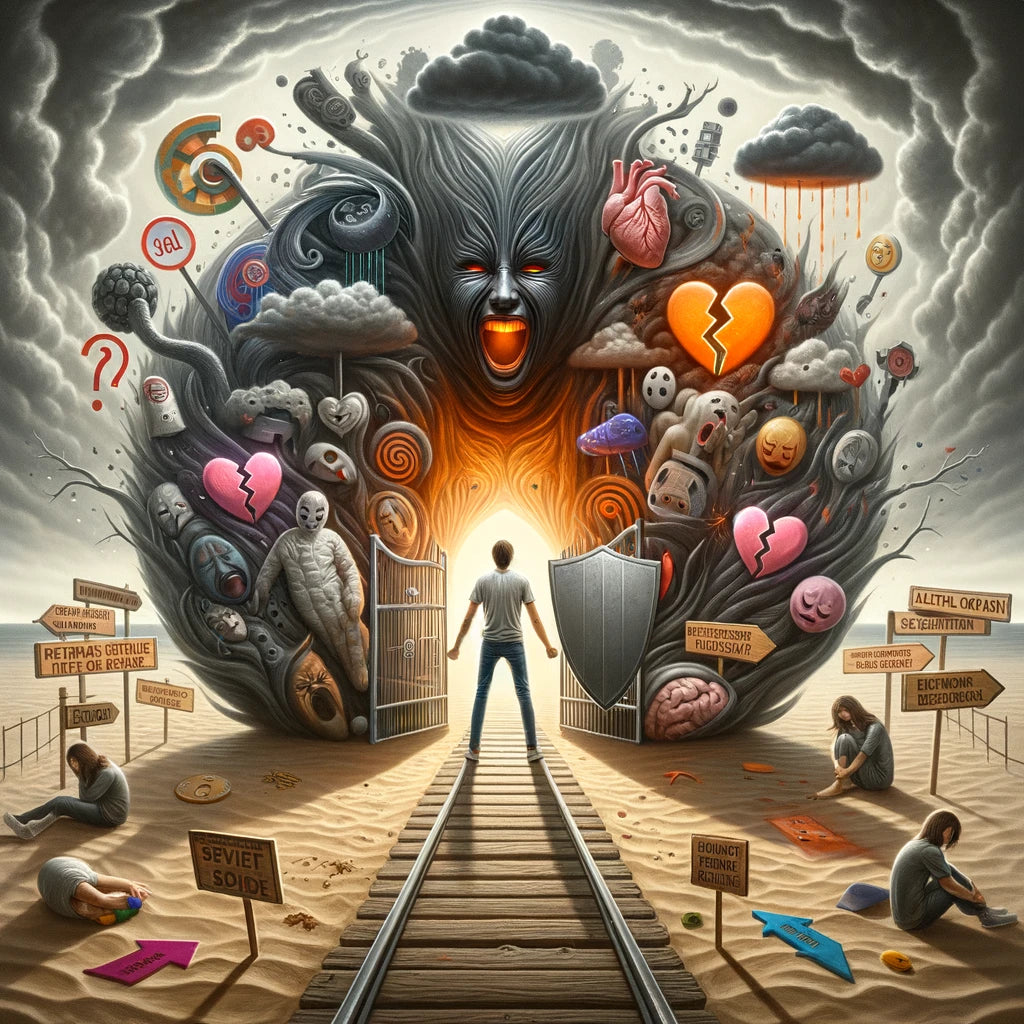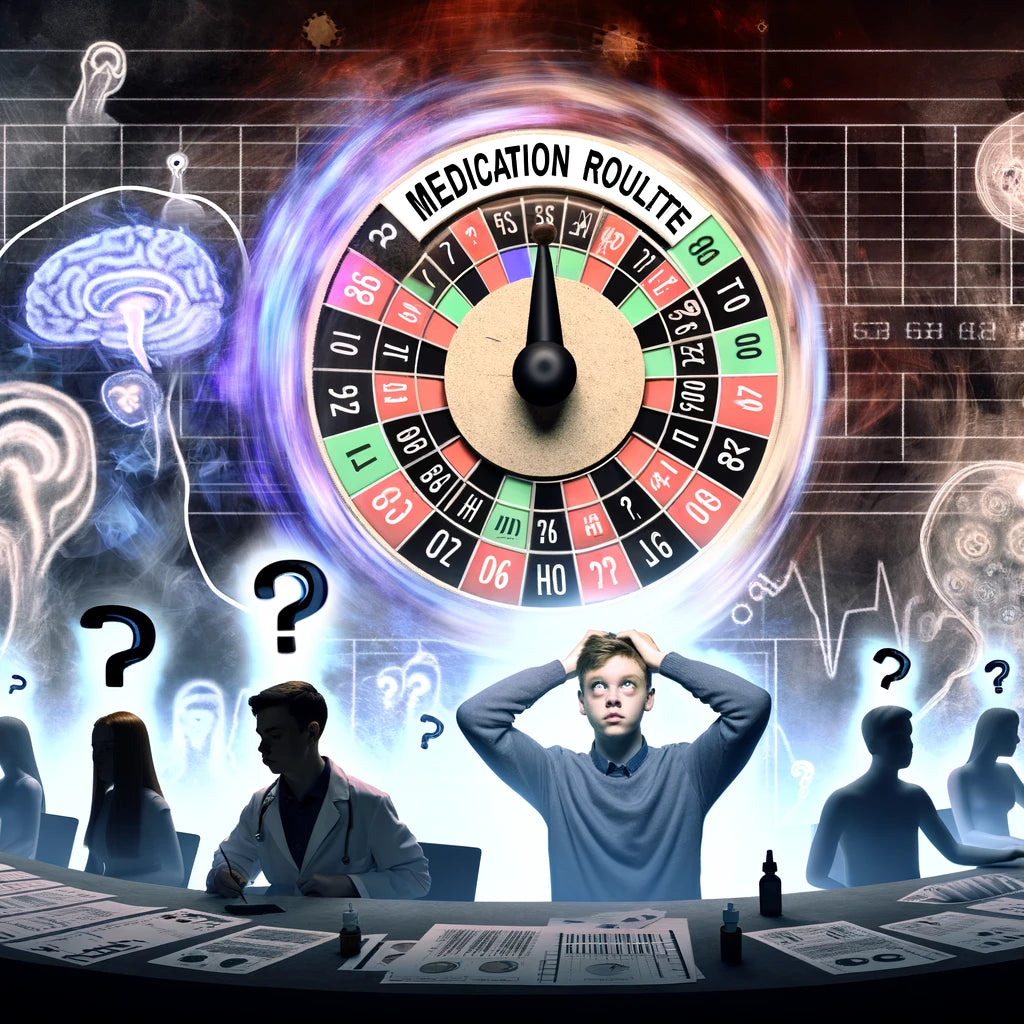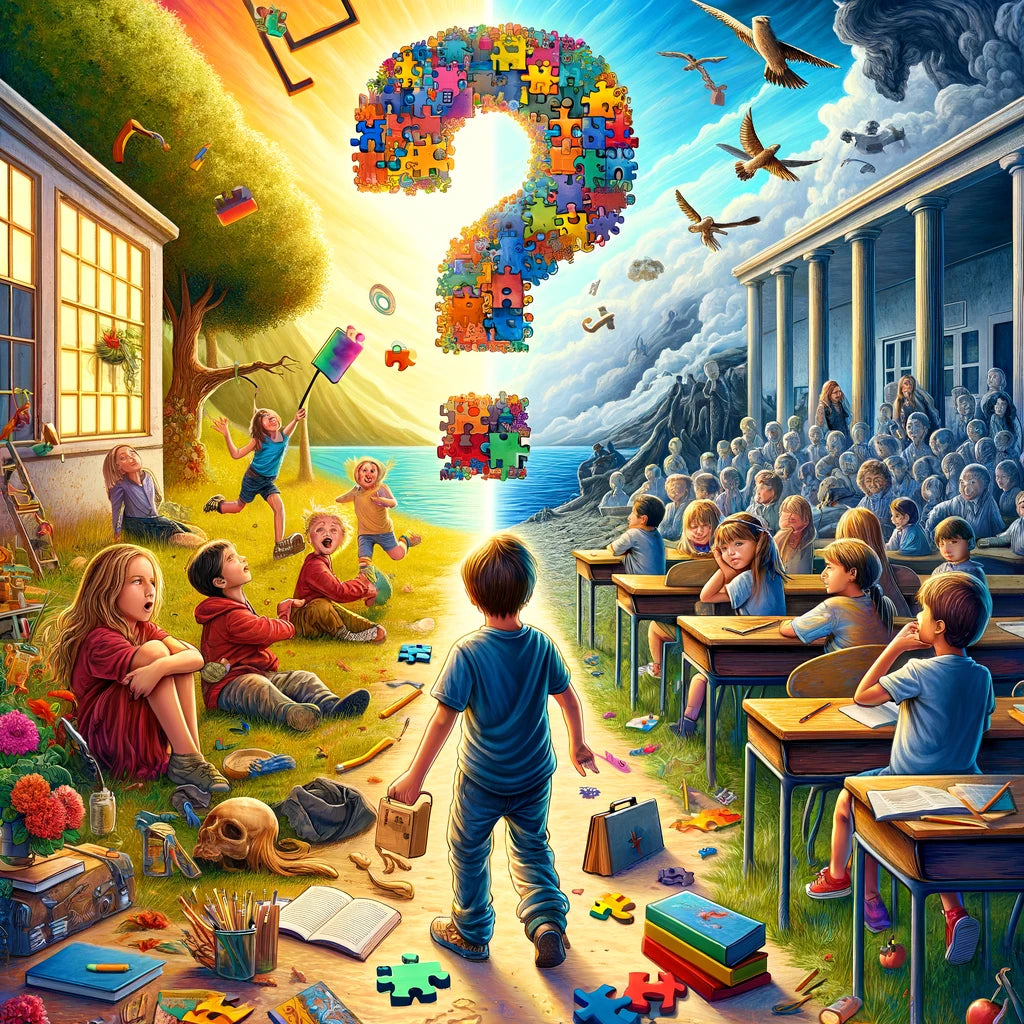️ 1. RSD: The Overlooked and Intense ADHD Companion
Let's dive into the deep end of ADHD, where a beast named Rejection Sensitive Dysphoria (RSD) lurks. Often missed, this aspect of ADHD hits hard, causing immense pain for both those with ADHD and their loved ones. RSD isn't just about disliking rejection – it's an intense, often debilitating reaction to even the perception of rejection or criticism.
- RSD: The Emotional Roller Coaster
Imagine feeling rejection like a physical stab or the overwhelming fear of losing your parents in a crowded mall. That's RSD for you. It's described as an 'emotional sunburn,' turning every touch into agony. It's a roller coaster of emotions that often gets mistaken for mood disorders like depression or bipolar.
- The Many Faces of RSD
How do you spot RSD in a world where it's cloaked in secrecy and shame? People with ADHD respond to rejection in two primary ways:
Please Everyone: Hello, comedians, actors, advocates, and entertainers! It's about satisfying others' needs as a survival tactic, even at the cost of chaos.
Stop Trying: This camp avoids anything that might lead to failure or rejection, like quitting piano lessons or steering clear of auditions.
- RSD in Relationships: A Delicate Dance
RSD doesn't just play out in personal ambitions; it deeply affects relationships too. Some overcompensate by never being alone, while others retreat into isolation to avoid the pain of rejection. It's a constant push and pull, especially in intimate relationships.
- Treating RSD: A Complex Journey
There's no magic cure for RSD, but coping skills can help manage its intensity. From mindfulness exercises to DBT skills and setting boundaries, it's about finding ways to contain the fire without letting it consume you.
- Facing Rejection Head-On: Coping Mechanisms
Everyone's reaction to RSD is unique, but they often fall into two categories:
Internalizing: This might look like depression, withdrawal, or even suicidal thoughts. Coping involves mindfulness, safety plans, and distress tolerance skills.
Externalizing: Think bursts of rage or impulsive reactions. Coping includes regular exercise, establishing clear boundaries, and channeling energy into constructive outlets.
- Naming the Beast: The Power of Understanding RSD
Just knowing that RSD has a name can be a relief. Identifying your type of response to RSD is the first step in managing it.
- RSD: A Path to Personal Growth
Living with RSD and ADHD isn't easy, but understanding this complex relationship can lead to personal growth and empowerment. It's about carving your path and finding your own coping strategies.
In Conclusion: The Complex World of ADHD and RSD
Wrapping up our exploration of ADHD's Three Pillars, RSD stands out as a formidable yet manageable aspect of ADHD. It's about recognizing it, understanding it, and learning to live with it in a way that doesn't let it define your entire existence. Remember, you're not just battling ADHD and RSD; you're learning to thrive despite them.






Leave a comment
This site is protected by hCaptcha and the hCaptcha Privacy Policy and Terms of Service apply.